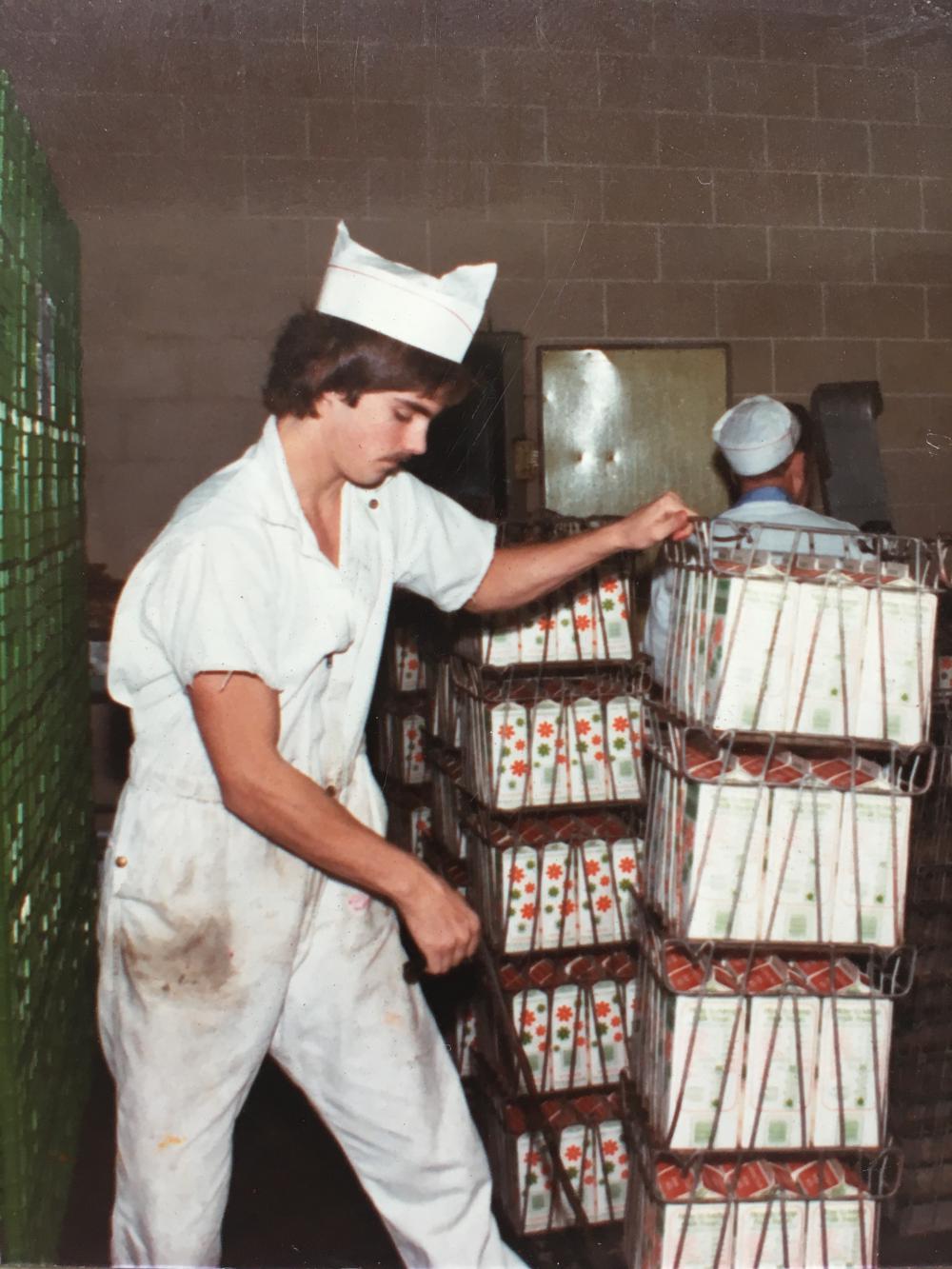“I look after a lot of members in a very big plant. For years I had to fight for them by myself with no help at all from any of the Union’s representatives or Officers. This changed completely once Bobby, Bob and Paul were in office. Now I have access to my reps 24 hours a day, 7 days a week! They’re always there to back me up.”
Strike History
In 1934 Minneapolis was one of the major hauling centers of the United States, and the major distribution center in the Upper Midwest. Thousands of truck drivers were employed in the city's trucking industry, but many were unorganized. A small group of organized drivers in the city made up General Drivers Local 574 of the International Brotherhood of Teamsters. Local 574 had been trying for several years to organize drivers in Minneapolis.
Union recognition for workers was difficult to obtain in Minneapolis. Since the turn of the century, an employers' organization known as the Citizens Alliance had been the major force active during labor disputes in the city. The group consisted of a council of prominent local property owners and various anti-worker elements active in local politics. The Alliance took a strongly anti-union line, and was often not averse to using violence to break up strikes.
But Local 574 finally got a break. In February 1934, the local won a difficult strike at a coal yard and the victory prompted thousands of workers to join the union en masse over the next few months. This gave Local 574 an unprecedented boost, both in terms of membership numbers and credibility among drivers and warehouse workers. By May, the number of organized drivers and warehouse workers in Minneapolis had grown to 5,000.
But many companies in the city refused to recognize the union. The only recourse left to the workers was to call a general drivers' strike. The strike began on May 16. The workers demanded recognition of the union, wage increases and shorter working hours. The strike brought trucking in the city to a standstill.
The first major instance of violence was on May 19 when police attacked a group of strikers who were attempting to stop scabs unloading a truck in the city's market area. The market area became a central location for strike action and violence. Police attacks occurred again on May 21 and 22 when officers and members of the Citizens Alliance advanced on a group of 20,000 workers and supporters trying to stop the opening of the market area.
On July 20, the most violent episode of the strike took place. A large group of unarmed workers were fired on by more than 100 police officers. They had been lured to a street corner by deputies in a scab truck. The incident became known as "Bloody Friday." A public commission set up after the strike later testified that "Police took direct aim at the pickets and fired to kill. Physical safety of the police was at no time endangered. No weapons were in possession of the pickets."
Two strikers, John Belor and Henry Ness, were killed in the hail of bullets. More than 65 other workers were injured. Many were shot in the back. The police violence left the working class of Minneapolis stunned, and offers of support and donations flooded in from other unions. A crowd of 100,000 people attended Henry Ness' funeral.
The strike finally ended on August 21. Through mediation, the employers and Citizens Alliance accepted the union's major demands. Elections were held in workplaces and many more workers joined the union. Many workers also later won major pay increases through arbitration.
The strike was instrumental in building a strong union tradition in Minneapolis and across the Midwest, with a writer of the Minneapolis Labour Review later noting that, "The winning of this strike marks the greatest victory in the annals of the local trade union movement...it has changed Minneapolis from being known as a scab's paradise to being a city of hope for those who toil."
Original Article:
